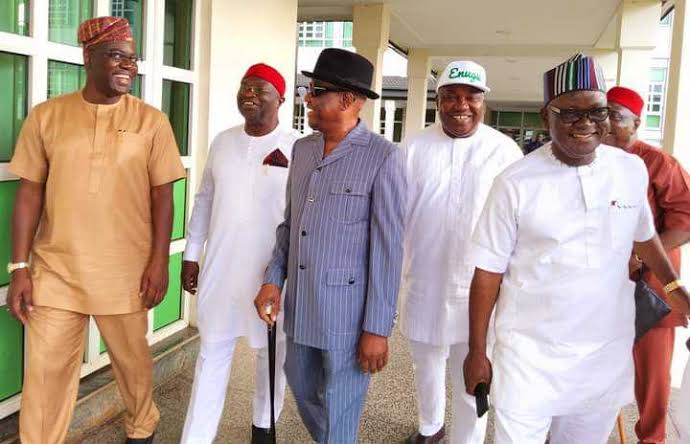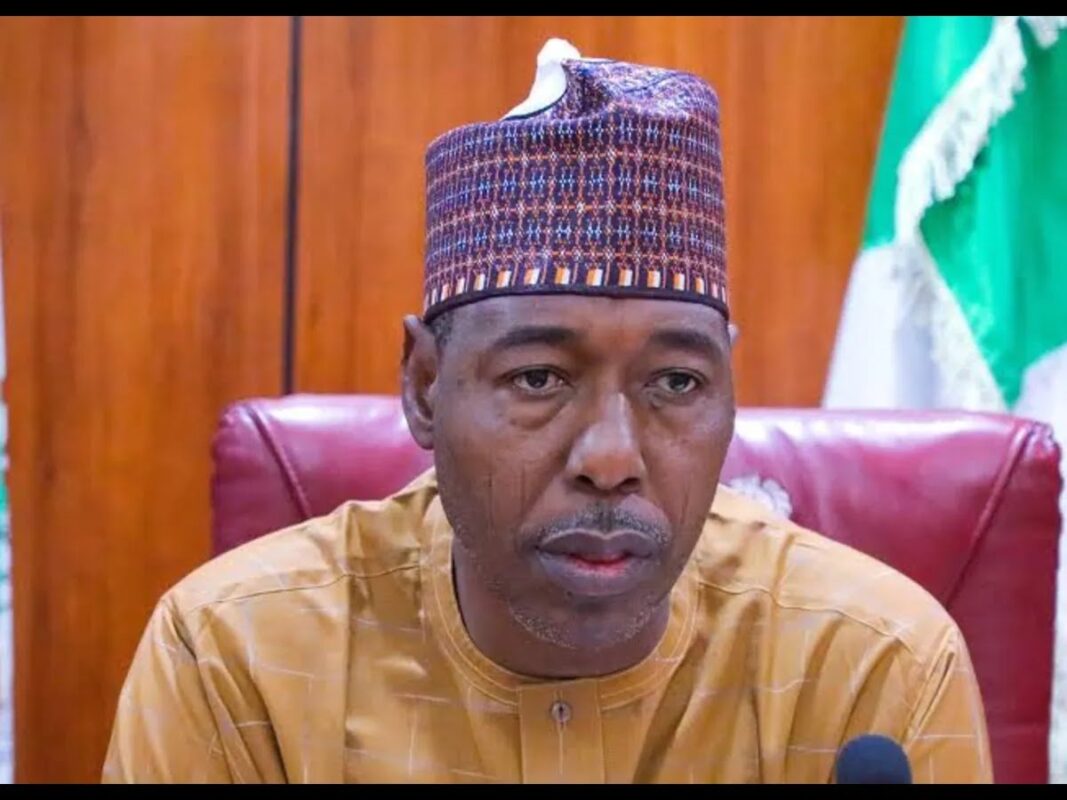2027 Elections: Solomon Dalung Warns Tinubu’s APC Amid Rising Defections, Says Obi-Atiku Coalition Is Different
In the lead-up to Nigeria’s 2027 general elections, former Minister of Youth and Sports, Solomon Dalung, has issued a stern warning to the ruling All Progressives Congress (APC) over the ongoing wave of defections into the party. Dalung, who served under former President Muhammadu Buhari, believes the influx of politicians into the APC is largely motivated by fear of prosecution rather than genuine political alignment.
Speaking on the current political dynamics, Dalung said many politicians are crossing over to the APC because they believe their past misdeeds or ‘sins’ will be forgiven once they join the ruling party. This trend, he argues, is more about self-preservation than ideological commitment.
“The rush into the APC is driven by fear. Many defectors are looking for a safe haven from possible legal actions. They think that by joining the ruling party, their past will be overlooked,” Dalung explained.
Despite this influx, Dalung cautioned the Tinubu administration against complacency. He warned that the APC’s apparent strength in numbers might not translate to electoral victory in 2027. According to him, the coalition formed by opposition figures such as Peter Obi and Atiku Abubakar represents a fundamentally different challenge.
“This Obi, Atiku, and others’ coalition is different. It is not just about numbers or defections. It is about a new political alignment that could reshape Nigeria’s political landscape,” Dalung stated.
The APC has been experiencing significant defections from opposition parties in recent months, a trend often interpreted as a consolidation of power ahead of the 2027 elections. However, Dalung’s perspective suggests that these moves may be symptomatic of deeper political uncertainties.
Political analysts note that the APC’s dominance might be tested by emerging coalitions that promise reforms and have garnered substantial grassroots support. The Obi-Atiku alliance, in particular, has been viewed as a formidable opposition bloc capable of challenging the status quo.
As Nigeria gears up for the 2027 elections, Dalung’s warning underscores the complexities within the country’s political arena. While defections into the ruling party continue, the coming years will reveal whether these strategies will secure electoral success or if new alliances will redefine Nigeria’s political future.




